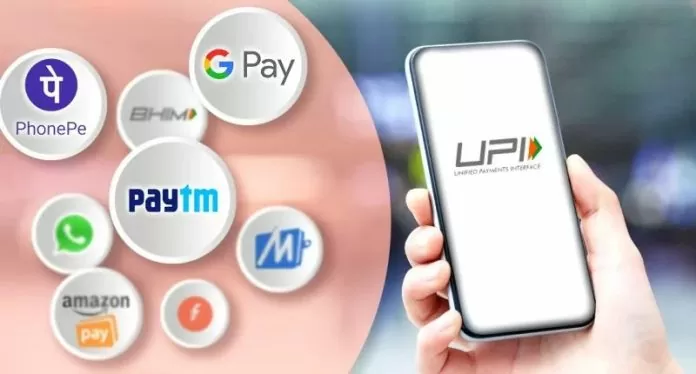UPI Daily Transaction Limit: The daily transaction limit set by the NPCI is ₹ 1 lakh per day. This daily limit of UPI transactions is the maximum amount of money that can be transferred in a single transaction.
Moreover, every user is entitled to conduct 20 transactions in a span of 24 hours.
When an user wants to transact more than 20 times, they will have to wait for a further 24 hours before being allowed to conduct transfers.
These limits may vary from bank to bank as some banks have imposed weekly or monthly limits on UPI transactions and have also lowered the NPCI limit to ₹ 25,000 for their users.
The ₹ 1,00,000 limit is an overall cap, banks may select an amount within that.
In the case of the number of transactions, the UPI app Google Pay has restricted it to 10 transactions per day, while PhonePe and AmazonPay allow 20 transactions per day, depending on the Banks.
Some cases of limits bank-wise:
| Banks | Daily Transaction Limit |
| Canara Bank | Rs 25,000 |
| State Bank of India | Rs 1,00,000 |
| HDFC Bank | Rs 1,00,000 (Rs 5,000 for new users) |
| ICICI Bank | Rs 10,000 |
| Axis Bank | Rs 1,00,000 |
| Bank of Baroda | Rs 25,000 |
For payments related to capital markets, collections insurance and foreign inward remittances, the transaction limit applicable is ₹ 2,00,000.
Payments related to educational institutions and healthcare, this limit is increased to Rs. 5 lakhs.
Interchange Fees
UPI Payments via digital wallets like PhonePe, Paytm and Amazon Pay have an interchange fee of up to 1.1% on certain merchant payments above ₹ 2,000. This is to be paid by the merchants and regular customers are not charged such transaction fees.
Interchange fees are also applicable on UPI transactions made through prepaid payment instruments like wallets. These fees depend on the merchant category.
- 0.5% fees on transactions related to fuel.
- 0.7% is chargeable on the post office, telecom, utilities, agriculture and education.
- 0.9% is attracted on supermarket payments.
- 1.1% fee is chargeable on insurance, mutual funds and railway services.
The merchant who is accepting the UPI payment is responsible for paying the interchange fee.



